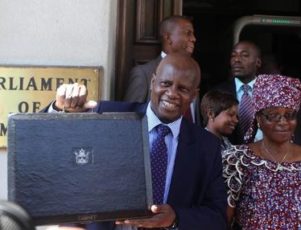The annual certification recognizes more than 1,000 companies globally for creating good working conditions.
The Top Employers Institute has recognized nine companies that do business in Africa and the Middle East for providing a good working environment for employees.
AbbVie, Becton Dickinson, DHL, Old Mutual, EY, G4S, JTI, Orange and Unilever were certified as top employers, according to the 2016 ratings by the Netherlands-based institute.
The Top Employers Institute evaluates companies at their request, considering companies that operate in at least five countries and have at least 2,500 employees. The institute audits human resource practices to determine whether a company is fostering a good work environment for employees.
The certified organizations have created forward-thinking human resources practices and work continuously to improve working conditions and provide employees opportunities to develop, according to the institute said.
Abbvie pharmaceuticals recognized
Abbvie operations in South Africa, Lebanon and the United Arab Emirates were among those recognized as Top Employers.
Abbvie is a Chicago-based pharmaceutical company that has 15 manufacturing facilities around the world and sells products in more than 170 countries. The company employs 28,000.
The instituted cited Becton Dickinson operations in East and West Africa as well as in Zambia as top employers.
Becton Dickinson is a medical technology company whose products include laboratory instruments, medical devices and diagnostic products. It has operations in more than 40 companies.
DHL cited in 13 countries in region
The institute also certified DHL operations in Nigeria, Uganda, Ghana, Angola, Gambia, Botswana, Madagascar, Mozambique, Kenya, Ethiopia, Egypt, Saudi Arabia and the United Arab Emirates.
DHL, based in Redwood City, California, is a global delivery service and the world’s oldest international air express company. With more than 325,000 employees worldwide, DHL delivers to 70,000 locations in 220 countries.
EY, or Ernst & Young, was cited as a top employer including businesses in Kenya, Nigeria, Zimbabwe and South Africa.
The company, based in London, offers tax, audit, business risk, technology and security risk services, and human resources services worldwide. One of the Big Four accounting firms, EY has more than 200,000 employees and operates in 150 countries.
Security company G4S tapped
The institute recognized G4S operations in Botswana, Cameroon, Ivory Coast, Ghana, Kenya, Malawi, Morocco, Mozambique, Namibia, Nigeria, the Democratic Republic of Congo, South Africa, and Zambia.
G4S is a security services company headquartered in London. Active in 110 countries, G4S has 623,000 employees.
JTI, based in Geneva, was recognized as a top employer in Dubai. JTI is a tobacco manufacturer with about 25,000 employees.
Old Mutual was recognized as a top employer for operations in South Africa, Namibia, Kenya, Botswana, Swaziland, Malawi and Zimbabwe.
Old Mutual provides banking, investment, asset management and insurance in Africa, Asia, Europe and the Americas. The company, based in London, has about 61,000 employees. Nearly half its holdings are in South Africa, where the company was founded.
Orange business services highly rated
Among Orange outlets recognized were operations in Cameroon, Ivory Coast, Guinea, Madagascar, Mali and Senegal as well as Egypt and Jordan.
Orange is a business services corporation with offices in 160 countries. Orange specializes in information technology and communications support to businesses in more than 200 countries.
Mobinil was recognized in Egypt. Mobinil, a subsidiary of Orange headquartered in Cairo, provides wireless telecommunication services in Egypt. Mobinil was rebranded as Orange in March.
More than 1,000 companies certified
Unilever was recognized for operations in Ivory Coast, Ghana, Kenya, Nigeria and South Africa.
The company, which produces and distributes food and household care products with brands that include Lipton, Dove and Suave, employs 172,000 people.
More than 1,000 organizations received the Top Employer rating for 2016, the institute said.
The institute also certified eight companies as Top Employer Global 2016. They are
Saint-Gobain, DHL Express, Dimension Data, JT International, Orange, TATA Consultancy Services, Technip and Valeo.
Read more


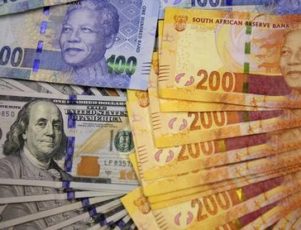

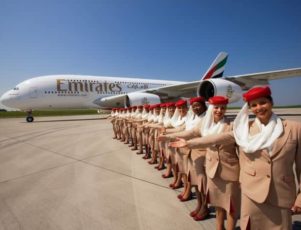
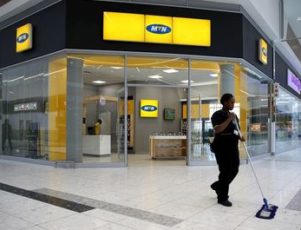

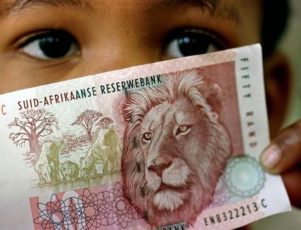
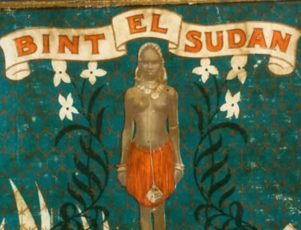
 Bint el Sudan was created in the 1920s when, according to legend, fourteen leaders of Arab tribes approached a British traveler and adventurer, Eric Ernest Burgess, in Khartoum and asked him to create a fragrance. The perfume was developed in six months in the lab of Burgess’ employer, W.J. Bush & Co. in London.
Bint el Sudan was created in the 1920s when, according to legend, fourteen leaders of Arab tribes approached a British traveler and adventurer, Eric Ernest Burgess, in Khartoum and asked him to create a fragrance. The perfume was developed in six months in the lab of Burgess’ employer, W.J. Bush & Co. in London.